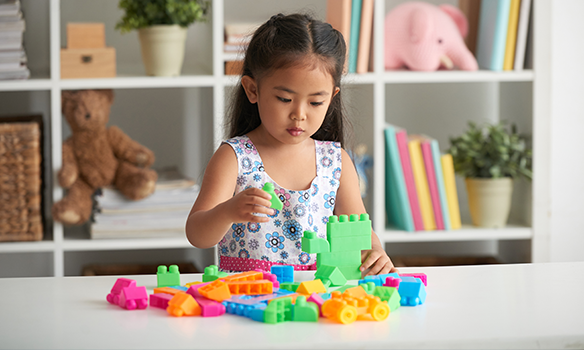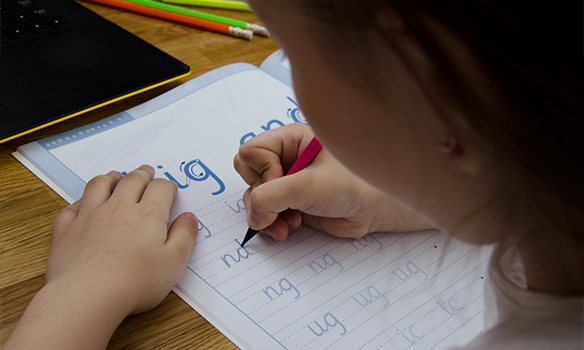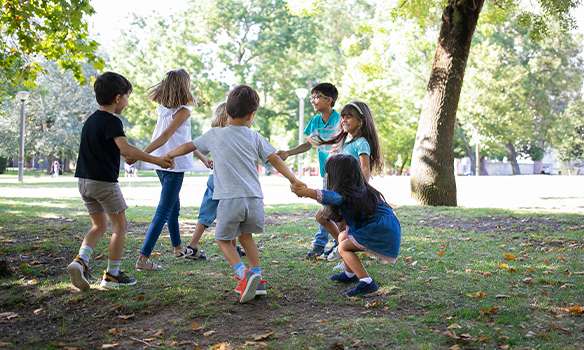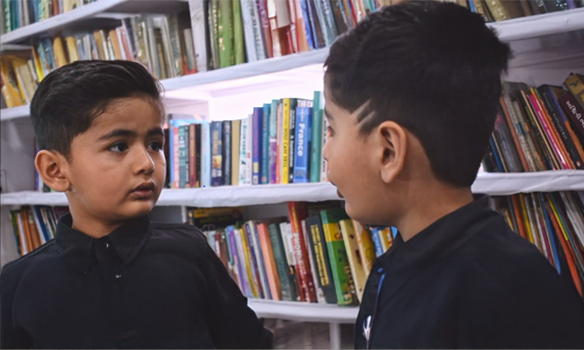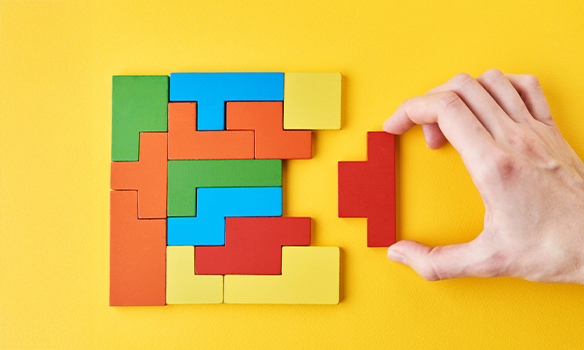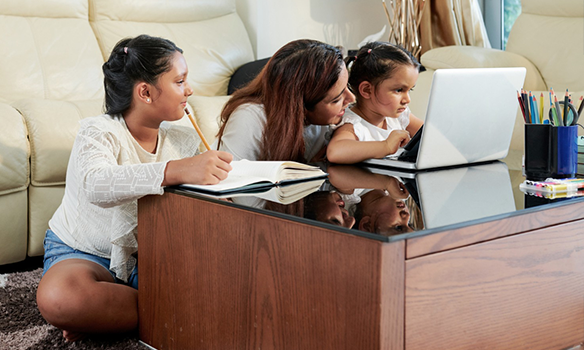Teaching Your Child to Work as a Team
Teamwork is an essential skill that children need to develop early on. Working well with others
not only prepares them for future academic and professional environments but also builds
empathy, communication, and problem-solving skills. Here’s how you can teach your child to
work as a team effectively.
1. Model Teamwork at Home
Children learn best by observing their parents. Demonstrate teamwork in your daily life:
- Share responsibilities: Show your child how household chores are divided and completed together.
- Collaborative decision-making: Involve your child in family decisions, like planning a vacation or choosing a weekend activity, emphasizing the importance of considering everyone’s opinions.
2. Encourage Group Activities
Enrolling your child in group activities is a practical way to teach teamwork:
- Sports teams: Team sports like soccer, basketball, or baseball require children to work together towards a common goal.
- Clubs and group projects: Activities like debate clubs, singing clubs, or group projects
encourage collaboration and collective working environments.
3. Teach Communication Skills
Effective communication is the backbone of teamwork:
- Active listening: Teach your child to listen attentively to others without interrupting.
- Expressing ideas: Encourage them to share their thoughts and ideas clearly and respectfully.
- Non-verbal cues: Help them understand the importance of body language and eye
contact in communication.
4. Teach Empathy and Understanding
Empathy allows children to connect with their teammates:
- Perspective-taking: Encourage your child to consider how their teammates might feel in different situations. For eg - If there’s a group game going on, where your child’s group is losing, teach them to be wary about how everyone in that situation would be feeling.
- Conflict resolution: Teach them to address conflicts calmly and constructively, focusing
on finding solutions that benefit everyone.
5. Set Clear Goals and Roles
In any team, clarity is crucial:
- Define objectives: Help your child understand the team’s goals and how their efforts contribute to achieving them.
- Assign roles: When working on group projects, ensure each member has a clear role to avoid confusion and overlap.
6. Celebrate Team Achievements
Acknowledging collective success reinforces the value of teamwork:
- Recognition: Celebrate your child’s team achievements, big or small, to highlight the importance of working together.
- Reflect on the process: Discuss what worked well and what could be improved next time,
fostering a growth mindset.
Teaching your child to work as a team is a valuable investment in their future. By modeling
teamwork, encouraging group activities and essential skills like communication and empathy,
you help them build a foundation for successful collaboration. Remember, the goal is to guide
them with patience and positivity, celebrating their progress along the way. Through these
efforts, your child will learn to appreciate the power of teamwork and carry these skills into every
aspect of their life.
Related Blogs
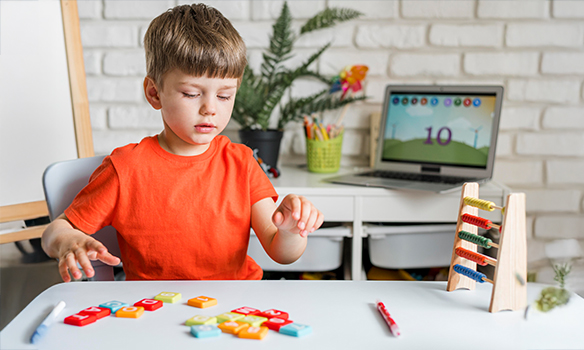
Early Learning in Nagpur: Using Phonics and Math to Build Strong Foundations for 3-Year-Olds






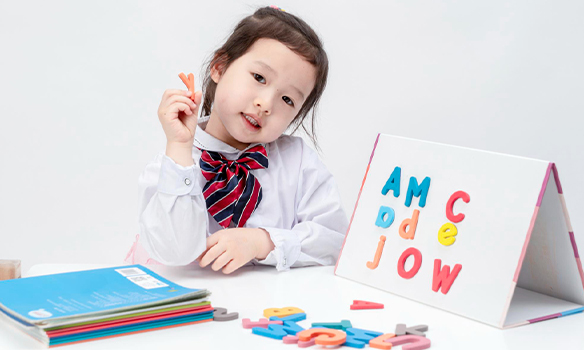

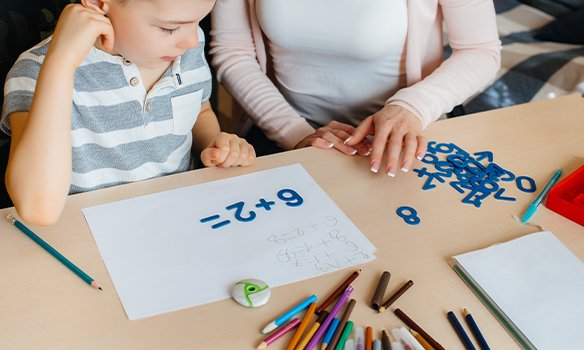
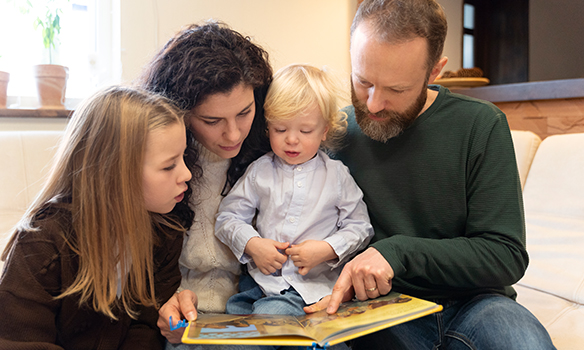
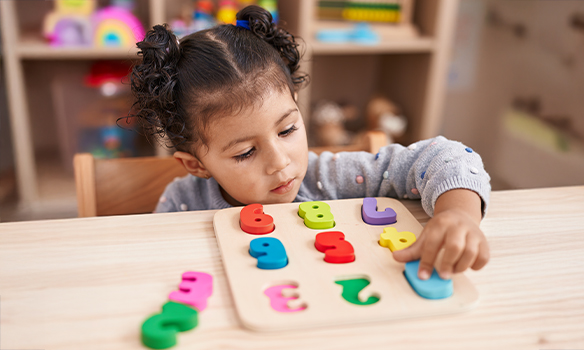
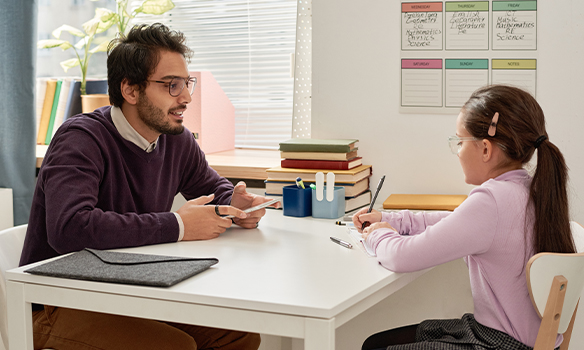


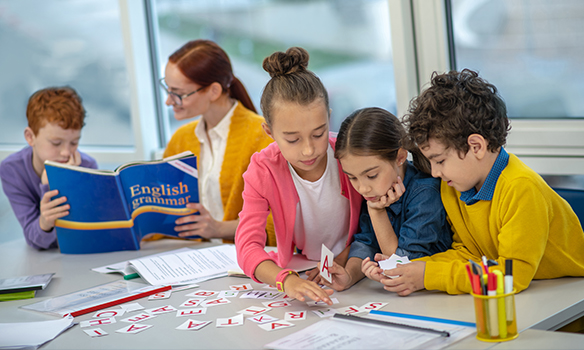
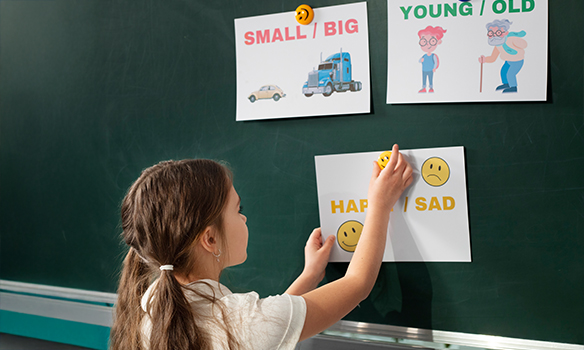





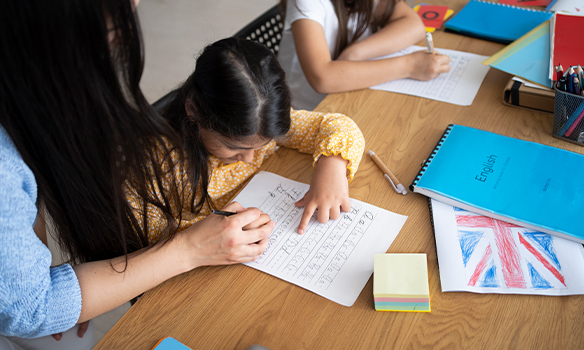

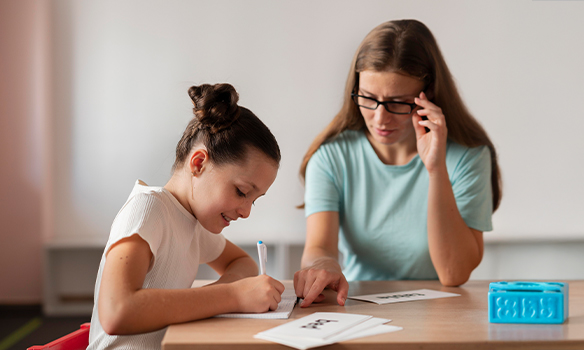
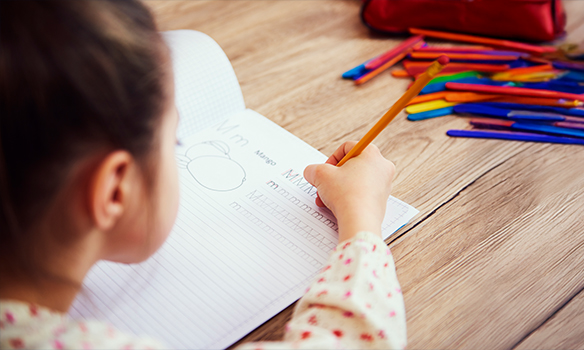





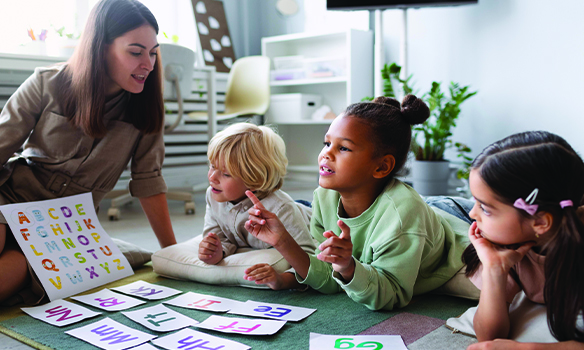

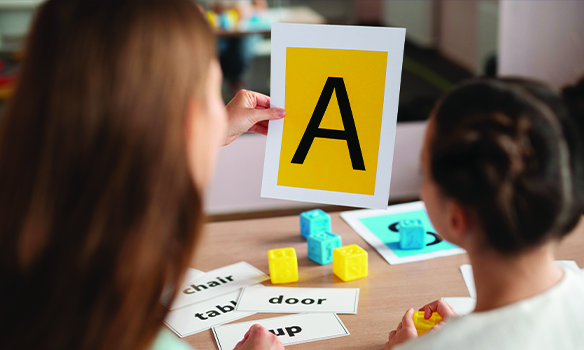


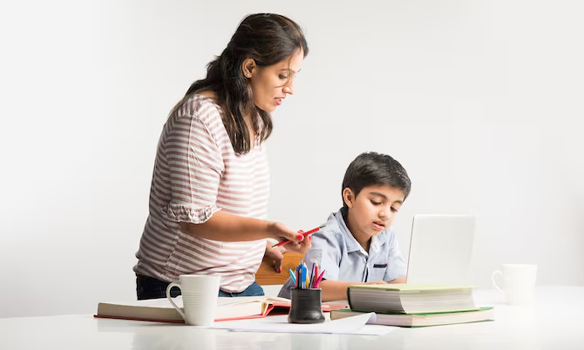
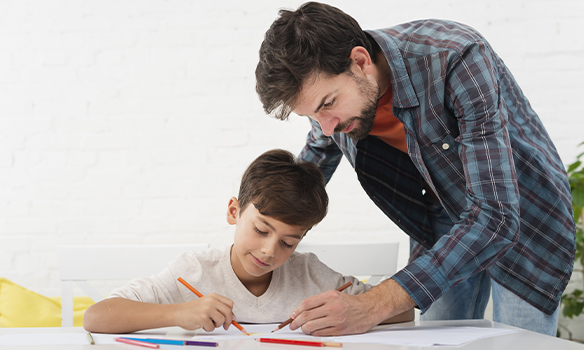











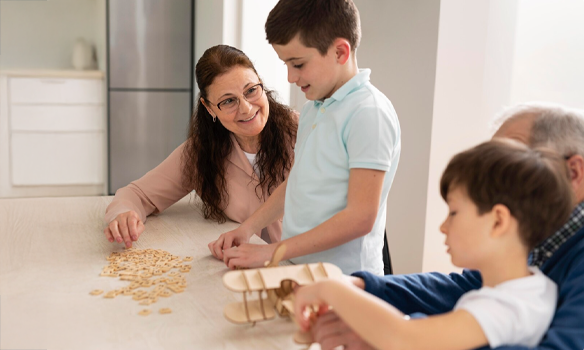













.jpg)


